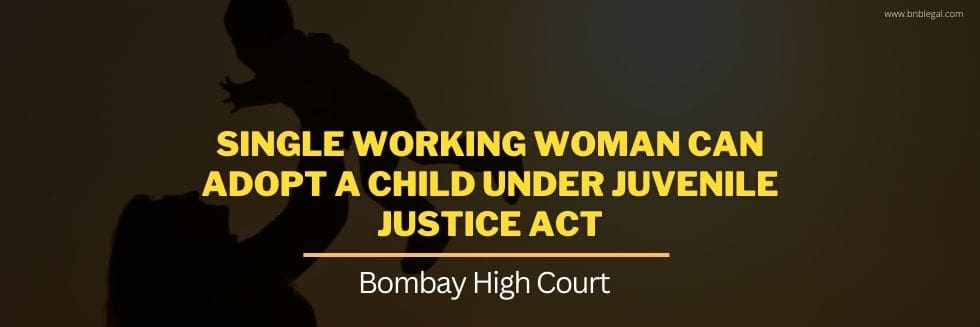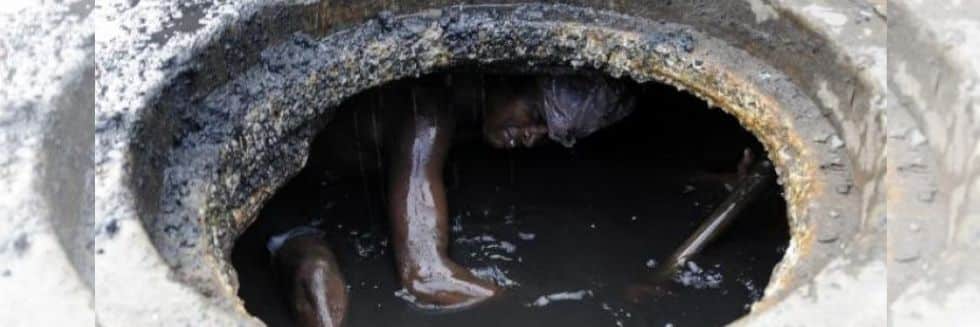The Bombay High Court has overturned a civil court’s decision to deny a divorced woman’s adoption application on the basis that she is a “working lady” and therefore unable to provide proper care for the adoptive child.
The single-judge bench comprising Justice Gauri Godse noted that the reasoning given by the civil court at Bhusawal indicated a medieval mindset against a working woman.
Justice Godse stated, “the comparison done by the competent court between the biological mother being a housewife and the prospective adoptive mother (single parent) being a working lady reflects a mindset of the medieval conservative concepts of a family.”
The bench emphasized that when the statute recognises a single parent to be eligible for being an adoptive parent, the approach of the civil court defeats the very object of the statute.
“Generally, a single parent is bound to be a working person, maybe with some rare exceptions. Thus, by no stretch of the imagination, a single parent can be held to be ineligible to be an adoptive parent on the ground that he/she is a working person,” the High Court bench stated.
The Bombay High Court was considering a civil revision application filed by a woman from Madhya Pradesh who wished to adopt a minor child whose biological parents resided in Jalgaon, Maharashtra.
According to the application, the woman had fulfilled all the legal requirements stipulated under the Juvenile Justice (Care and Protection of Children) Act (JJ Act) as well as the Adoption Regulations of 2022.
Despite meeting all the legal requirements for adoption, the civil court in Bhusawal rejected the woman’s application, citing the fact that the biological mother of the child was a homemaker and could provide better care, whereas the prospective adoptive mother was a single working woman who would not be able to offer personal attention to the child.
The judge’s order stated that Section 57 of the JJ Act specifies the criteria for a prospective adoptive parent, which includes eligibility for single or divorced individuals. The section requires the prospective adoptive parent to be physically fit, financially stable, mentally aware, and highly motivated to provide a good upbringing to the child.
Justice Godse stated, “Thus, the reason given by the civil court is not only contrary to the provisions of the JJ Act but is also contrary to the recommendation made by the District Child Welfare Officer and the Assistant Director of CARA. Even otherwise, the reason given by the civil court is unfounded and baseless.”
Justice Godse stated that the civil court should have verified whether the statutory requirements were met and formed an opinion regarding the child’s best interests before making a decision. The court concluded that the civil court had made an error by basing its decision on guesswork.
According to Justice Godse, there was no negative aspect concerning the prospective adoptive parent who had also fulfilled the necessary requirements and even the report of the District Child Welfare Officer stated that she was capable of being a good parent to the adopted child.
The bench held, “the impugned order does not record anything adverse regarding the statutory compliances. The application is rejected only on one ground of the adoptive parent being a working lady. The reason recorded by the civil court is unfounded, illegal, perverse, unjust and unacceptable.”






